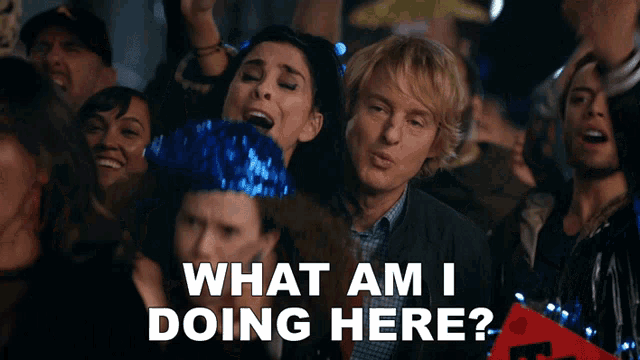Nameless Range
Well-known member
This article from the Montana Free Press on the success of the Devil's Kitchen Working Group got me thinking.

 montanafreepress.org
montanafreepress.org
Locally for me, it brings to mind The Elkhorns -the nation's only Wildlife Management Unit - which have the state's most sought after elk tag, enormous amounts of general hunting opportunity, large amounts of elk, and little landowner/elk consternation relative to the rest of the state . Many years ago the Elkhorn Working Group, a contingent of local landowners, sportsmen/women, and state and federal agencies, all sat down and came up with management solutions and a spirit of coordination that worked for the landscape - and continue to work today.
As is said in the MTFP article, "Cole said he attributes the group’s success to “all the magic of human beings interacting” and the spirit of compromise and consensus that it embraced. " I think an important thing to remember in the Age of the Internet is that the world is a different place when folks meet face to face.
Further, one of the items that the FWP's Elk Management Advisory Group solicited comment on was whether or not FWP should establish local working groups. I think there is nuance to this, in terms of who is chosen, getting federal and state partners involved, etc. but I believe it to be the case that local working groups are the tried and true model for improved management and relations between people when it comes to elk. I don't think they are a silver bullet and I don't think it is easy, but I think they need to be a part of long-term management solutions.
I know about the Devils Kitchen, and the Elkhorn Working Group, but are there other local working groups out there that have been successful? Doesn't have to be limited to Montana. If so, did the success wane and why? If not, why don't you think they were successful?
Picture for fun from a hike to the top of Casey Peak in the Elkhorns the other day.


Hunting for elk solutions in Devil’s Kitchen
Could an unconventional approach help Montana navigate elk management issues?
 montanafreepress.org
montanafreepress.org
Locally for me, it brings to mind The Elkhorns -the nation's only Wildlife Management Unit - which have the state's most sought after elk tag, enormous amounts of general hunting opportunity, large amounts of elk, and little landowner/elk consternation relative to the rest of the state . Many years ago the Elkhorn Working Group, a contingent of local landowners, sportsmen/women, and state and federal agencies, all sat down and came up with management solutions and a spirit of coordination that worked for the landscape - and continue to work today.
As is said in the MTFP article, "Cole said he attributes the group’s success to “all the magic of human beings interacting” and the spirit of compromise and consensus that it embraced. " I think an important thing to remember in the Age of the Internet is that the world is a different place when folks meet face to face.
Further, one of the items that the FWP's Elk Management Advisory Group solicited comment on was whether or not FWP should establish local working groups. I think there is nuance to this, in terms of who is chosen, getting federal and state partners involved, etc. but I believe it to be the case that local working groups are the tried and true model for improved management and relations between people when it comes to elk. I don't think they are a silver bullet and I don't think it is easy, but I think they need to be a part of long-term management solutions.
I know about the Devils Kitchen, and the Elkhorn Working Group, but are there other local working groups out there that have been successful? Doesn't have to be limited to Montana. If so, did the success wane and why? If not, why don't you think they were successful?
Picture for fun from a hike to the top of Casey Peak in the Elkhorns the other day.






